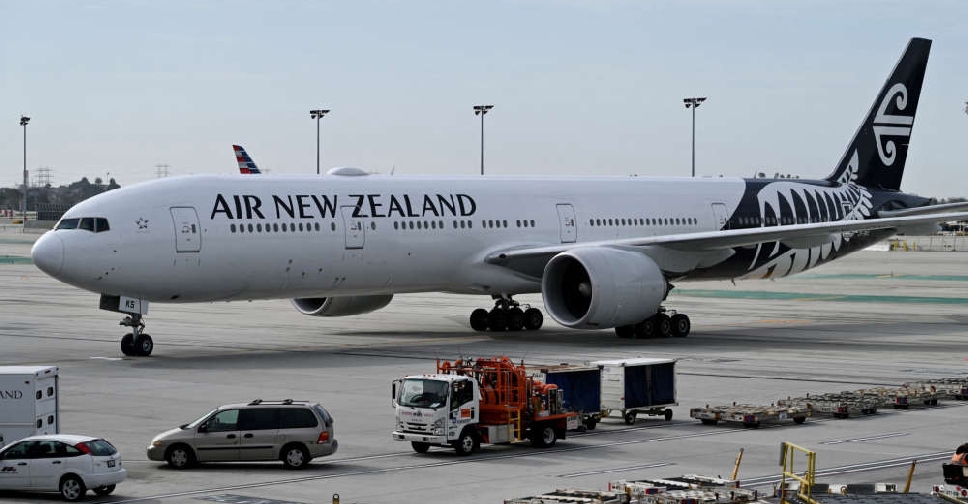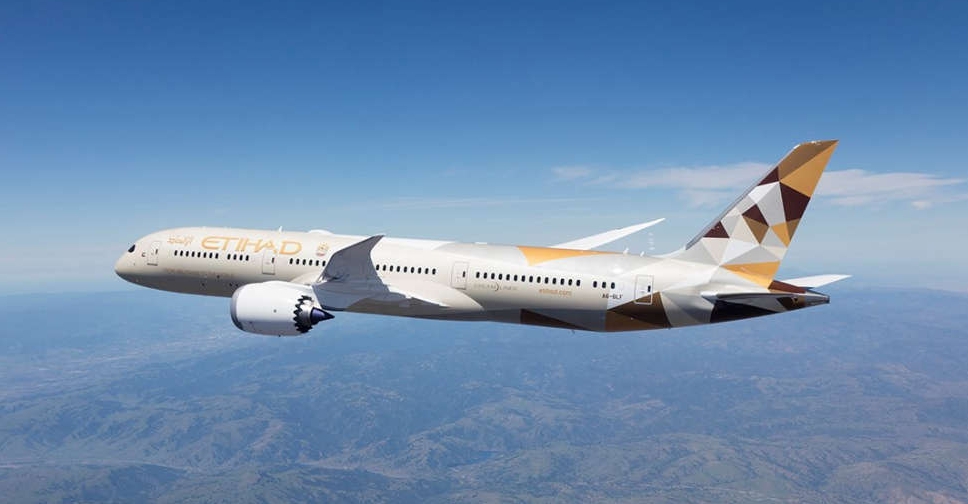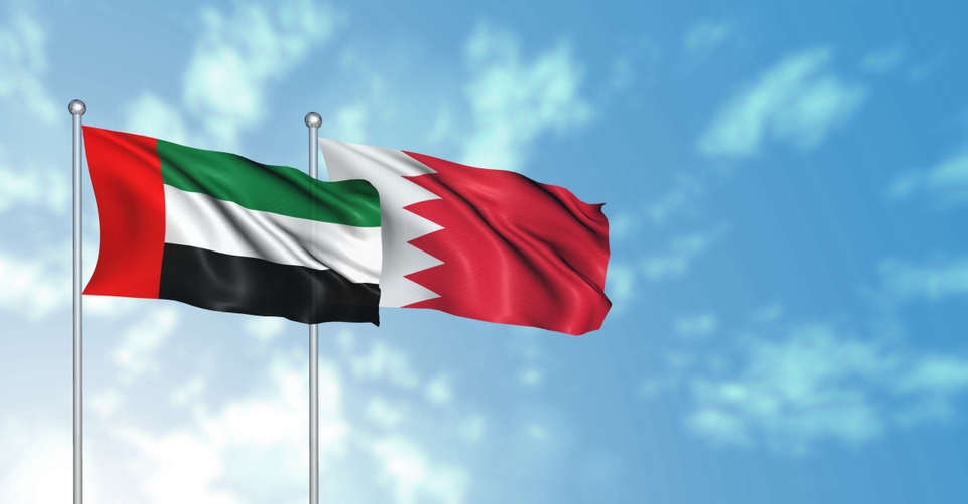
Air New Zealand has abandoned a 2030 emissions reduction target, citing delivery delays of fuel-efficient aircraft and high green fuel prices, in a move signalling the difficulty aviation is having meeting de-carbonisation goals.
This is the first major airline to row back on climate aspirations but the carrier said it was committed to an industry-wide target of net zero emissions by 2050 and was working on a new near-term goal.
Aviation is deemed responsible for about 2 per cent of the world's emissions but is considered one of the hardest sectors to decarbonise as fuel for flights cannot be easily replaced with other kinds of power.
"Many of the levers needed to meet the target, including the availability of new aircraft, the affordability and availability of alternative jet fuels, and global and domestic regulatory and policy support, are outside the airline's direct control and remain challenging," New Zealand's flag carrier said in a statement.
Airlines are banking on plant-based Sustainable Aviation Fuels (SAF) and more efficient aircraft to reduce emissions in the near-term, but SAF production is expensive and challenging to ramp-up, and plane manufacturers are struggling to deliver new-generation aircraft on time.
Many environmental advocates say aviation industry growth is fundamentally incompatible with sustainability.
Air New Zealand in 2022 said it wanted to reduce carbon intensity 28.9 per cent by 2030 compared with 2019 levels, in a methodology validated by the Science-based Targets initiative (SBTi), a U.N.-backed corporate climate action group.
The target went further than a 2023 agreement by the global aviation industry to lower carbon emissions by 5 per cent by 2030.
Air New Zealand has Boeing 787 Dreamliner and Airbus A320neo planes on order.
CEO Greg Foran said it had become apparent in recent weeks that delivery delays risked the 2030 goal and the airline would withdraw from the SBTi network immediately.
"It is possible the airline may need to retain its existing fleet for longer than planned," Foran said.
In February Air New Zealand also said five of its "newest and most-efficient" A321neo aircraft will be out of service at any one time within the next 18 months, due to maintenance on their Pratt & Whitney engines - an issue affecting airlines globally.



 Disney settles suit over women's pay for $43 million
Disney settles suit over women's pay for $43 million
 Etihad Airways adds ten new destinations for 2025
Etihad Airways adds ten new destinations for 2025
 Trump pledges new tariffs on Canada, Mexico, China
Trump pledges new tariffs on Canada, Mexico, China
 UAE and Bahrain finalise ICV programmes procedures
UAE and Bahrain finalise ICV programmes procedures

